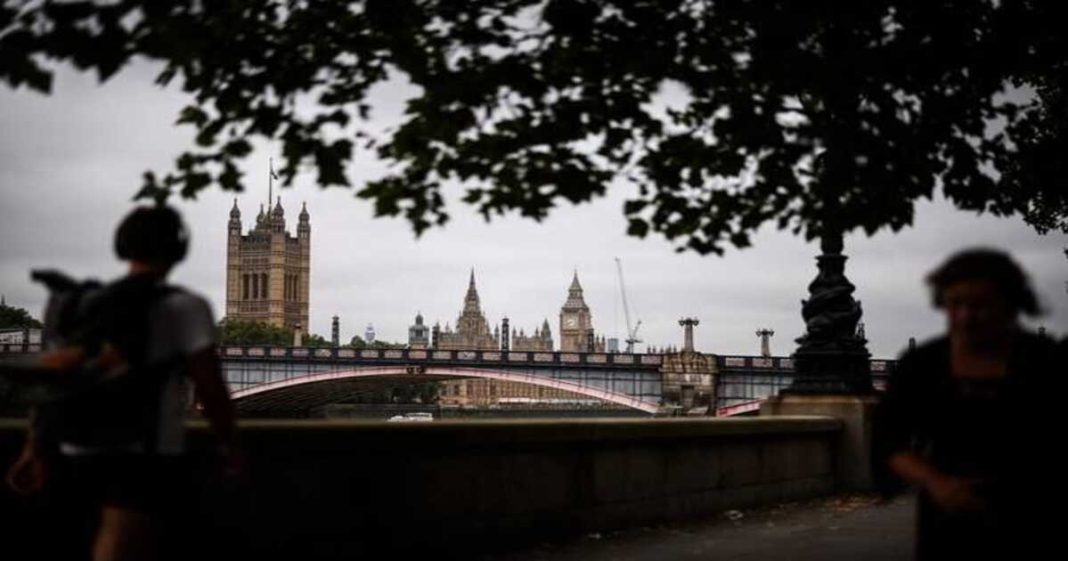The UK government is preparing sweeping immigration reforms that could see visa applications restricted from countries deemed “high-risk” for overstaying and asylum misuse. According to reports from The Times, the upcoming Immigration White Paper—expected to be unveiled within days—will target nationals from Pakistan, Nigeria, and Sri Lanka in a bid to curb legal migration pathways being used as a backdoor to asylum.
Read More: Stars shine at Met Gala, showcasing Black dandyism
The move, backed by Prime Minister Sir Keir Starmer and Home Secretary Yvette Cooper, comes as Labour faces mounting pressure to lower migration figures following a record net migration of 728,000 in the year to June 2024. The government claims the current visa system is being exploited by individuals who arrive on legal visas—such as for work or study—but later submit asylum claims, allowing them to stay permanently.
Visa Clampdown Driven by Overstay Patterns
New intelligence-gathering tools developed with the National Crime Agency will help the Home Office identify applicants who may later flip to asylum status. Profiles flagged as suspicious include students who fail to attend university, applicants using fraudulent bank documents, and those linked to known people-smuggling operations.
Figures show that in the last year alone, 40,000 individuals filed asylum claims after initially entering the UK through legal routes. This includes 16,000 students, 11,500 workers, and 9,500 visitors. Notably, nearly 10,000 of these claimants are currently housed in taxpayer-funded accommodations despite arriving through standard visa channels.
One particularly troubling case cited involved a Pakistani student who overstayed his visa, was convicted of sexual assault, yet was still granted asylum. Such incidents have bolstered government arguments that the asylum system is being misused.
Legal and Ethical Concerns Mount
While the government insists the changes are necessary to protect the integrity of the immigration system, critics warn the policy could face legal challenges. Targeting specific nationalities has already been labelled discriminatory by legal experts and refugee advocates.
Enver Solomon, chief executive of the Refugee Council, stressed that political instability or sudden conflict can compel individuals already in the UK to seek asylum. “To restrict access to seeking asylum based on nationality would not only be unfair but also discriminatory,” he said. Solomon added that accurate and timely asylum decisions were key: “Those who don’t have a right to stay should be removed humanely, while refugees must be protected and supported to contribute to society.”
Political Pressures and Public Sentiment
Labour’s tougher stance on immigration follows strong gains by Reform UK in recent local elections, which saw Nigel Farage’s party secure hundreds of council seats, largely at the expense of Conservatives. Starmer has pledged to “go further and faster” on immigration, responding to public dissatisfaction with both Labour and the Tories.
The policy shift also builds on measures introduced by the previous Conservative government, including raising the salary threshold for skilled workers from £26,200 to £38,700 and banning care workers from bringing dependants. Despite criticism from the opposition, Labour insists its plan will restore order to what it calls a “broken immigration system,” emphasizing that abuse of legal routes undermines both public confidence and opportunities for genuine migrants.
Read More: India planning terror attacks in Balochistan: Intelligence reports
Details of the Immigration White Paper will clarify how visa restrictions will be implemented and whether a formal list of high-risk countries will be published. The government remains firm that its actions aim to ensure fairness, reduce asylum abuse, and manage net migration in the national interest.














